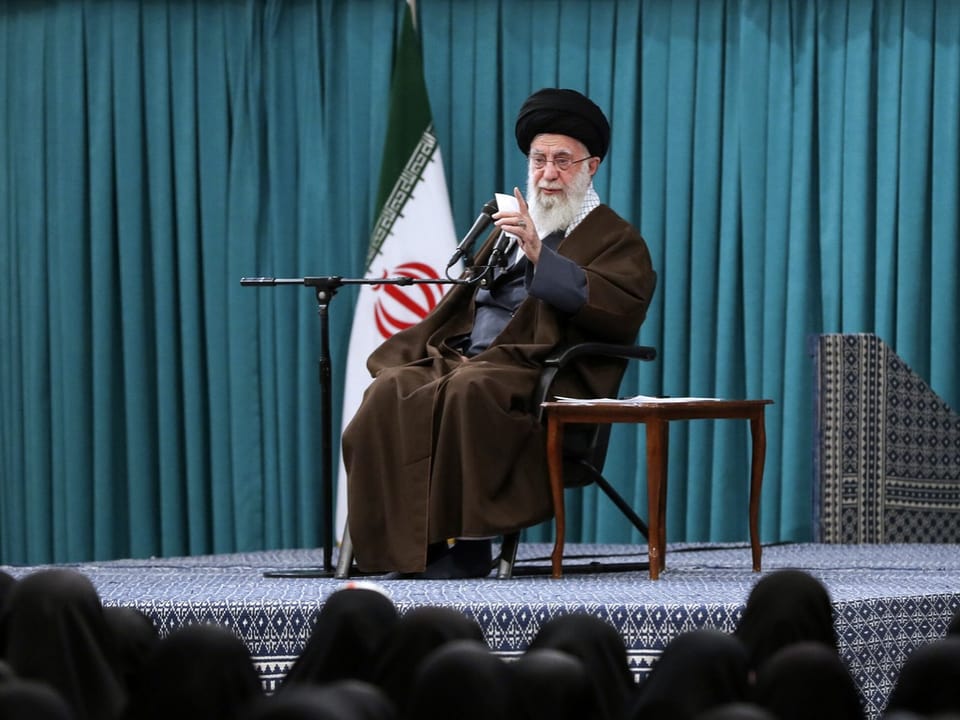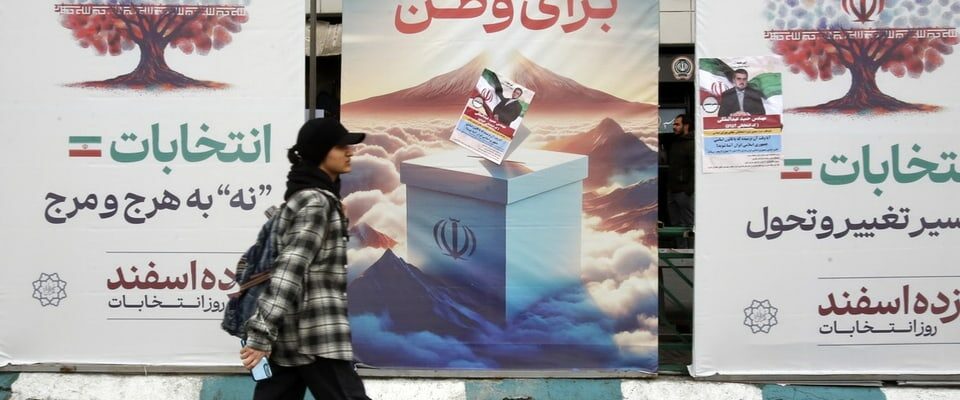Contents
The people of Iran are going to the polls. But they don’t make a real choice. The regime is working to maintain power, explains an expert.
There can be no question of real elections when the people of Iran go to the polls on Friday. The candidates were hand-picked by the regime in advance so that the hardliners’ control will not change. This applies to the parliamentary elections and even more so to the so-called Expert Council, which will also be newly appointed.
The regime in Tehran could have allowed more moderate candidates and, after the waves of protests in recent years, the system could have been more broadly supported. But the opposite has happened: the choice has never been as narrow as on this election day. “This clearly shows that the Iranian leadership no longer attaches any importance to the elections in order to legitimize the system,” says Sanam Vakil from the British foreign research institute “Chatham House”.
And even within the leadership apparatus, critical voices are now unwelcome. Power is concentrated in an increasingly narrow circle of loyalists around revolutionary leader Khamenei.
Lost trust in the institutions
Sanam Vakil sees two motivations for the development. The Iranian leadership has recognized that it has lost the majority of the population anyway. Your “Islamic Republic” is in a deep crisis of trust. However, the hardliners lack the strength and will to reform the system. So they only rely on their followers and the repressive apparatus.
Legend:
Election posters in Tehran: The people of Iran are going to the polls on Friday. But they don’t have a real choice.
Keystone/EPA/ABEDIN TAHERKENAREH
The second reason why the leadership elite is bunkering down: These elections come at a critical time. Ali Khamenei, the revolutionary leader, will be 85 years old in April. It’s about preparing his successor and ensuring the continued existence of the “Islamic Republic” as the hardliners imagine it. Associated with this are the advantages that the power elite enjoys.
Expert council looks after Khamenei’s successor
“All that matters for leadership in this transition period is internal cohesion,” says Vakil in London. This is where the second committee comes into play, which will be appointed on Friday, the so-called expert council. It is his responsibility to appoint a successor after the death of the revolutionary leader. It can be assumed that the successor is already being prepared behind the scenes. Officially, however, the expert council will approve the successor. And, as custom would have it, this successor should himself be a member of the expert council. The fact that dignitaries like the moderate former President Rouhani were removed from the list of candidates for the Council of Experts clearly shows how uncompromising the hardliners are now narrowing the scope, says Iran expert Sanam Vakil.

Legend:
Khamenei is considered the most powerful man in Iran; the head of state will be 85 years old in April.
Keystone/AP/Office of the Iranian Religious Leader
Revolutionary leader Khamenei has called on the population to go to the polls because the problems in the country can only be solved through elections. He even spoke of a “religious duty.” The aging autocrat’s appeal must still seem like a mockery to many. Because reality shows how little the mood in the country concerns Khamenei’s power apparatus.
Participation was already very low in the last elections. Given the circumstances, many expect it to fall to a new record low this time.
